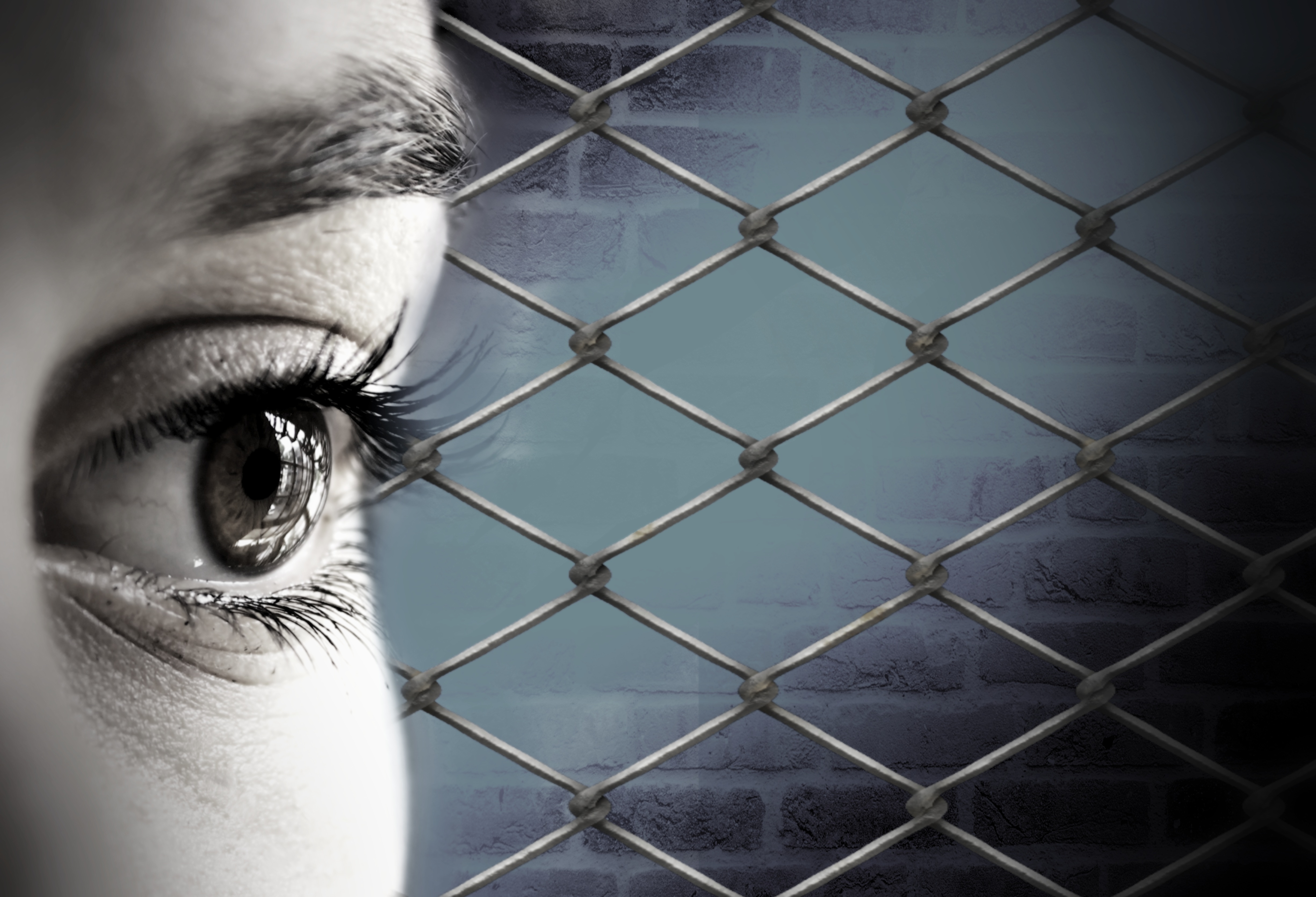June, 2019 Monthly Reflection
June 4, 2019Are Migrant Children Welcomed in Jesus’ Name?
by Jeanne Christensen, RSM
World Refugee Day is June 20. On that day, people all around the world will remember those refugees and immigrants who have been lost as well as those who have survived. According to the 1951 Refugee Convention, a refugee is one who “owing to a well-founded fear of being persecuted for reasons of race, religion, nationality, membership of a particular social group or political opinion, is outside the country of his [/her] nationality, and is unable to, or owing to such fear, is unwilling to avail himself [/herself] of the protection of that country.” Today, refugees and migrants are fleeing violence, persecution, poverty, natural disasters, and political upheaval.
The Alliance to End Human Trafficking have an excellent educational resource, “Intersectionality of Human Trafficking with Migrants, Refugees, and Internally Displaced People.” It is available in both English and Spanish. (Links included at the end of the reflection.)
 Mark 10:13-16: People were bringing little children to Jesus, for him to touch them. The disciples scolded them, but when Jesus saw this he was indignant and said to them “Let the little children come to me, do not stop them; for it is to such as these that the kingdom of God belongs.” Additionally, Jesus said, “Anyone who welcomes such a little child such as this in my name welcomes me…” (Mark 9:37)
Mark 10:13-16: People were bringing little children to Jesus, for him to touch them. The disciples scolded them, but when Jesus saw this he was indignant and said to them “Let the little children come to me, do not stop them; for it is to such as these that the kingdom of God belongs.” Additionally, Jesus said, “Anyone who welcomes such a little child such as this in my name welcomes me…” (Mark 9:37)
Migrant children arriving at the U.S. southern border are not welcome. How would Jesus respond to how these children and their families are treated? What is your response? What does Jose’s story call you, challenge you to do?
This is a typical story of a young migrant boy, a child. “My name is Jose and I am 12 years old. I left Honduras with my mother, two sisters, and Miguel, my uncle. We do not know where my father is. Our goal was to travel in a larger group, eventually arriving at the United States border. We hoped to cross over to a new and better life. We hoped to feel safe, find shelter and have food to eat. We were escaping from violence and poverty, at home we had nothing—barely enough to eat and we never felt safe.
We traveled for many days—too many to count—and struggled to find food, water and a place to stay. My little sisters cried a lot because they were tired, hungry and scared. I tried to be strong and to help my uncle. My mother cried when we weren’t watching. She didn’t know I saw her.
Finally, we arrived at the border but it wasn’t at all like we expected. There were hundreds of people jammed in small spaces, on bridges, under bridges. A few lucky ones got across—but we weren’t lucky. The armed men (like ones we left behind in Honduras) separated us. My little sisters stayed with my mother and the men took my uncle and me to a detention center. At first, it felt safe and we had food and water, but they took our shoelaces away from us. Pretty soon, they made my uncle go with the men and they took me to another part where there were hundreds of boys like me. I was cold and scared. It was fenced in, so we could not go anywhere but where they told us. After a few weeks, they took about 25 of us away in a van. They didn’t tell us anything; I was very frightened and worried about the rest of my family.
They drove to someplace far away. And when we got there it was hot and sunny—like at home in Honduras. We were forced to work long hours in fields without shade picking strawberries. They didn’t even give us hats to shade our heads! Where we slept and what they gave us to eat was awful. We also didn’t get much water while we worked. Nothing was like what they promised us.
When there weren’t any more strawberries to pick, the men loaded us into a van but didn’t tell where we were going. The police stopped the van and began to search it. When they found all of us inside, they arrested the driver and the other man with him. We waited a long time until another van came and got us. This one took us to a better shelter and that is where I am right now. I don’t know what comes next, but I hope I get to be back with my family—wherever they are now.”
Another child left “in limbo.” Unfortunately, this is not an unusual story. Much is written about the plight of the thousands of migrants and refugees seeking asylum in the United States at our southern border. It is imperative that we use our voices to urge our elected legislators and our president to provide compassionate, safe and prompt asylum as well as to work collaboratively to reform our immigration laws and procedures. By doing so, we are working to save migrant children from falling into the hands of opportunistic human traffickers.
Links to educational resource: “Intersectionality of Human Trafficking with Migrants, Refugees, and Internally Displaced People.”
Jeanne Christensen, RSM, serves as the Justice Advocate Against Human Trafficking for the Sisters of Mercy, West Midwest Community. She also serves as a AEHT Board member.
Tags: World Refugee DayCategory: Monthly Reflections, The Alliance to End Human Trafficking

